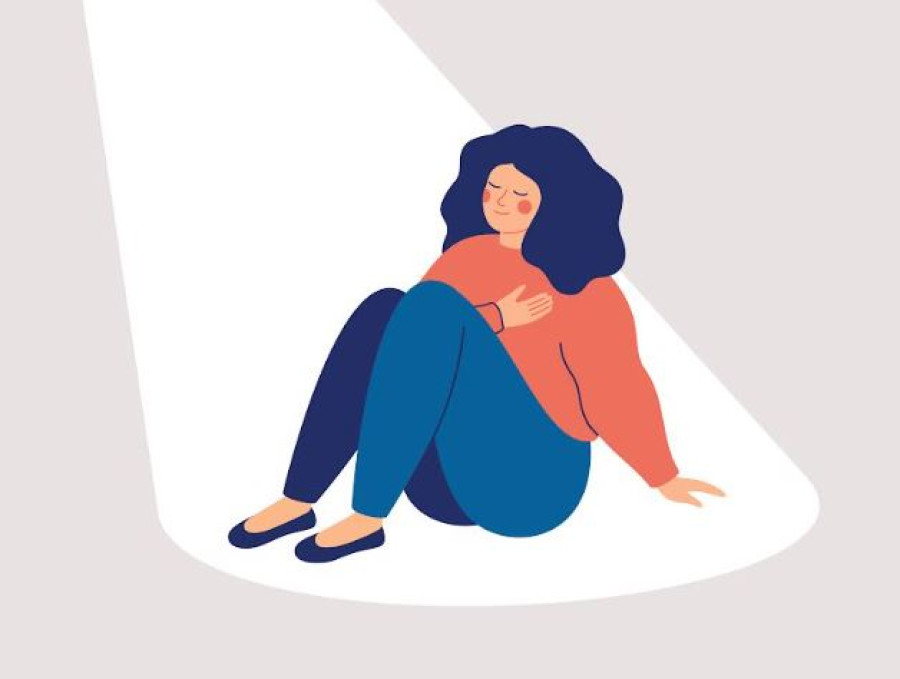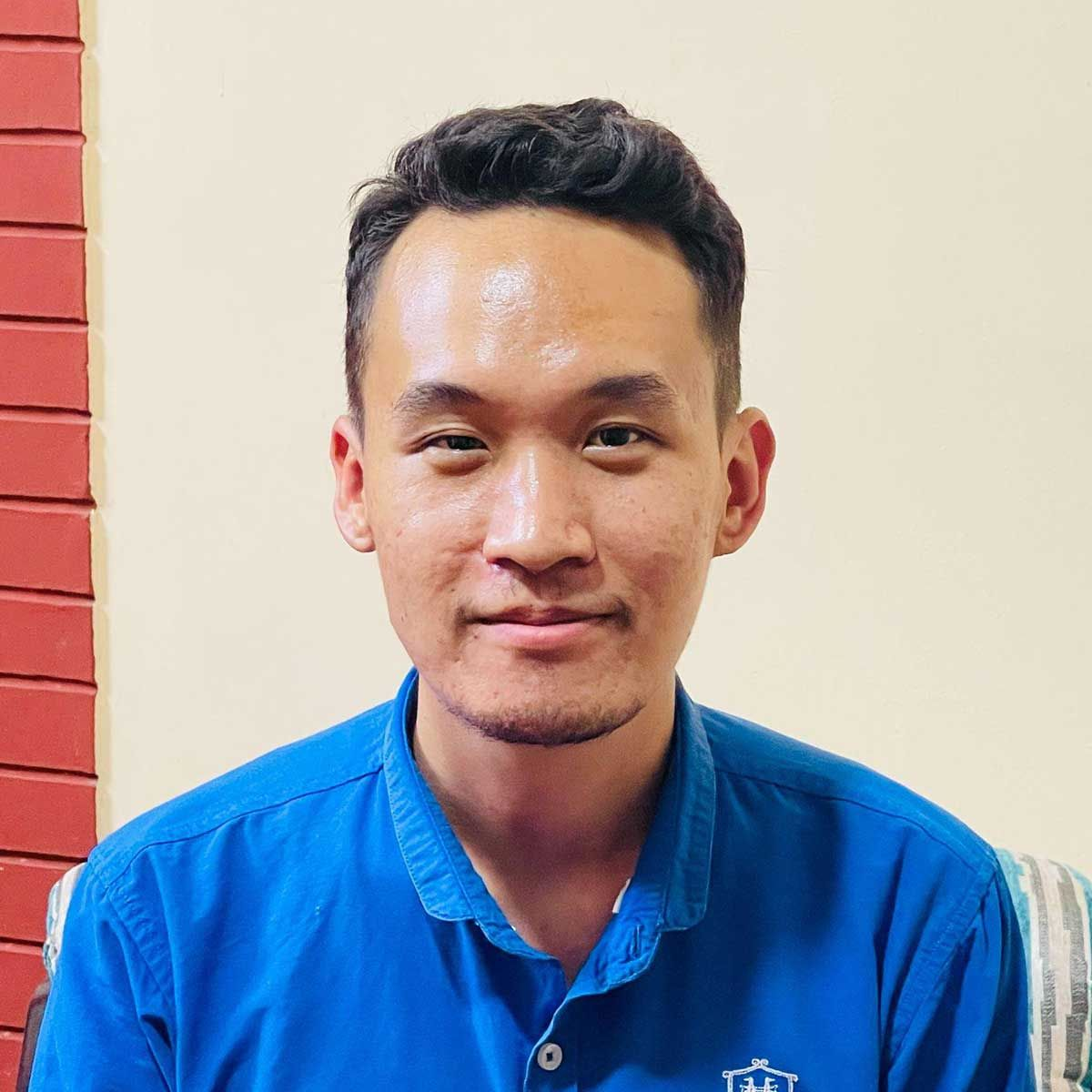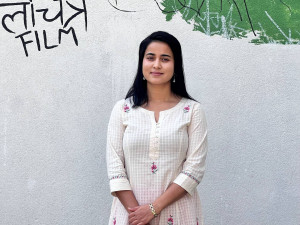Culture & Lifestyle
Accepting life’s impermanence
Mortality is inevitable, but instead of fearing it, we can use it as a tool to live more fully.
Tashi Gurung
As a practising therapist, I am grateful for certain job perks. My former supervisor expressed that collaborating with clients aligns with navigating various narratives and viewpoints, and I wholeheartedly concur.
A recurring theme in these narratives is death. As I work with clients who are experiencing loss and grief, I witness the indescribable pain of losing someone. Additionally, I observe their logical understanding of life’s impermanence.
It has enabled my clients and me to understand how unpredictable life can be—a small change can lead us down entirely different paths. Realising that everything in our lives is finite and won’t last forever and that we may simply cease to exist one day has made me anxious.
However, this anxiety is not new in the human experience. Existential anxiety is the overwhelming dread that arises from the awareness of mortality. And like any trigger of anxiety, we deal with it in two ways: avoidance or obsession.
We either suppress thoughts of death, pushing them away as a coping mechanism, or we become consumed by them, leading to fear or despair. I experienced this myself for a period.
I started to pay closer attention to news about deaths, concentrating on the causes, the ages of the deceased, and reflecting on what their lives might have been like. This ignited a more profound interest in the afterlife and the physical changes that occur after one passes away. In a way, it was unsettling to imagine my own body undergoing such a transformation in the future.
As time passed and I sought help through my own therapy while also seeking guidance from friends and family, I learned to adopt a balanced approach. I should neither suppress nor fixate on the concept of death; instead, I can choose to integrate it into a meaningful perspective on life.
The knowledge that we are mortals and that our time is limited doesn’t need to restrict us. It can give us a more profound sense of gratitude for what we have in our lives, along with an urgency and passion for important things. Knowing that death is omnipresent can encourage us to invest in the times that truly matter.
Because of this perspective, handling minor inconveniences and frustrations became much easier, as they seemed insignificant in the grand scheme of things. This shift in perspective allowed me to see the bigger picture rather than being overly focused on minor setbacks. In many ways, the thought of death can encourage us to live life with purpose rather than be consumed by fear.
With death, I also realised that there is an essential tool that we tend to overlook: the tool of acceptance. Much of the existential anxiety stems from the difficulty in understanding that one day, we will cease to exist. Digging deeper, I realised my inability to accept this fact had made me anxious.
Instead of getting tangled in this friction, accepting that “I am mortal” can be powerful and liberating. As simple as it sounds, this equanimous acceptance is essential. After all, we are not the only ones who have battled this, nor shall we be the last. Realising that we all must confront death reinforces the feeling of being simply a “human being”—our shared reality.
With acceptance, mindfulness is another essential tool that we can all use. We can become more mindful of our actions and how our deeds impact others.
This highlights the importance of legacy—not just in terms of wealth or achievements, but in our impact on others. It is common to hear the elderly discuss the life lessons they wish to share. The sooner we understand the significance of positively influencing others’ lives, the stronger our sense of purpose will become. Any simple act of kindness we can provide, and any wisdom we can pass on, can create a lasting influence that transcends our physical existence.
Confronting death does not diminish life; it enriches it. By embracing our mortality, we learn to live more fully and deeply and appreciate the fleeting yet profound beauty of existence. Death is not and has never been the enemy—it is a reminder of what it means to be alive.
Gurung is a counselling psychologist. He works at Happy Minds, a mental health and well-being platform.




 19.12°C Kathmandu
19.12°C Kathmandu















